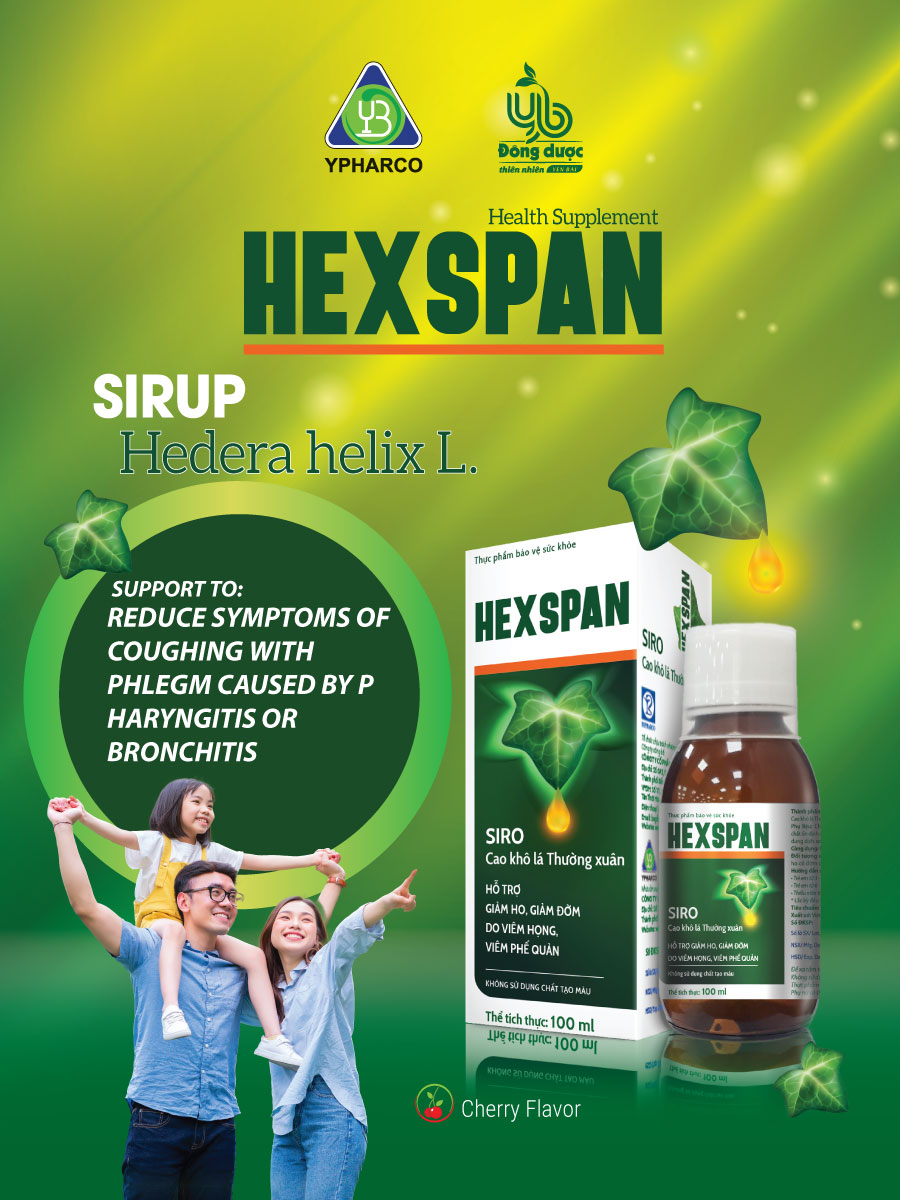Cough is a reflex classified as a defensive response in respiratory diseases aimed at removing excess secretions, foreign bodies or irritants. The cough reflex can be caused by damage to the mucosa of the upper respiratory tract during a viral, bacterial infection or by irritants.
A cough accompanied by coughing up mucus or pus is considered a cough with phlegm and otherwise a dry cough. Since the cough with phlegm allows to remove the accumulated secretions, so it is not recommended to suppress it, and it is even recommended to use expectorant drugs, which greatly facilitate and accelerate the removal of secretions from the respiratory tract.
Substances used to treat productive cough are divided into:
- expectorant drugs that increase the volume of secretions are: bromhexine, ambroxol, guaiacol compounds, saponins contained in the primrose, licorice, medical soap, ivy, and essential oils: eucalyptus, pine and anise,
- mucolytic drugs that reduce the viscosity of secretions are: acetylcysteine, erdosteine, carbocysteine and mesne,
- mucokinetic drugs that increase the efficiency of ciliary transport (salbutamol) and reducing mucus adhesion to the epithelium (surfactant, ambroxol),
- mucoregulatory drugs are inhaled glucocorticosteroids and anticholinergics.
As already mentioned, expectorant drugs that increase the volume of secretions are plant preparations obtained from ivy leaves. This extract contains triterpene saponins (hederacoside B and C), which give it secretolytic and antioxidant properties. They stimulate the cough reflex irritating the sensory nerve endings in the gastric mucosa, which by way of the vagus testicles significantly increases secretion in the respiratory tract.

In addition, ivy leaf extract has a spasmolytic effect by reducing respiratory muscle tone, which means that it can be used for the symptomatic treatment of chronic bronchitis. Treatment with preparations containing ivy leaf extract should last about 7 days. The use in children under 2 years of age is contraindicated because of thegeneral risk of aggravation of respiratory symptoms through secretolytic drugs. Carefully, these preparations should be used with caution in people with gastritis and gastric ulcer.
A study conducted in children aged 2–10 years diagnosed with acute bronchitis, showed that the effectiveness of ivy leaf extract was comparable to acetylcysteine and better tolerated.
In addition, in the group of children infected with viruses, upper respiratory tract bacteria and bronchitis, the proportion of children with severe cough, coughing that occurs frequently at night affecting daily life decreased significantly.
The effectiveness of treatment with preparations containing ivy extract administered 2 times 1 day was expressed by more than 75% of parents and guardians of children who were satisfied with the therapeutic effect achieved.
In addition, the team also observed that in adult adult patients with chronic bronchitis, ivy leaf extract was therapeutically equivalent to ambroxol.
Reference: Olszanecka-Glinianowicz, M., Doniec, Z., Schönknecht, K., & Almgren-Rachtan, A. (2020). The herbal medicine containing of ivy leaf dry extract in the treatment of productive cough in children. Wiad Lek, 73(4), 668-673.
